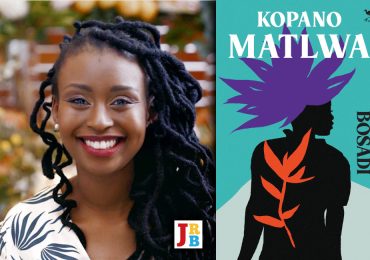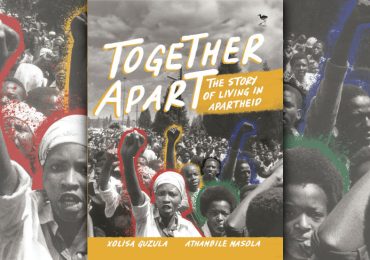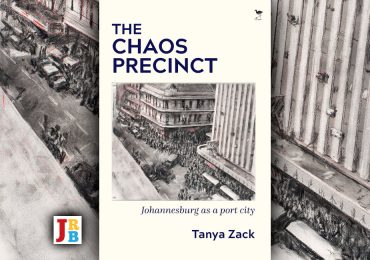Jacana Media has shared an extract from The Broken River Tent, the debut novel by Mphuthumi Ntabeni.
The Broken River Tent is set in the time of Maqoma, the Xhosa chief at the forefront of fighting British colonialism in the Eastern Cape in the 19th century.
It is an entrancing novel that marries imagination with history.
The Broken River Tent is out now from BlackBird Books.
Read an excerpt:
The River Tent is Broken
‘That’s strong enough to float an egg.’
Siya handed Phila a cup of black coffee and sat down opposite him at the kitchen table. He took a swipe of it. ‘Aah! Heaven.’ The strength of the brew agreed with him. Since he’d arrived at the family house in Queenstown, they had been talking about everything except the death of their father. This made him feel implicated, but in what he had no idea.
Something in his father’s body had burst. All he could think about was that the shit had hit the innards. Phila felt crude in thinking about it along those lines, but he was never of the euphemistic lot. He didn’t care because he felt whatever burst in his father was bobbing towards his own innards anyway. But that is not the kind of conversation you have with your sibling on the morning you are planning to see your dead parent at the mortuary.
‘I was wonderfully amazed to see the apricot tree is still there!’
‘Yep. And it still yields fruit in due season.’
Siya was usually taciturn so Phila tried not to read anything from her brief sentences. There were hanging issues neither of them was in a mood for at that moment. Besides, neither knew where to start, or what the point would be of plucking hanging issues instead of letting the fruit fall down to be manure, or poison. The Polish philosopher Leszek Kołakowski talked about the ‘law of the infinite’, saying that an infinite number of explanations can be found for any given event. Some clever professor whose lecture Phila had attended in Berlin connected this with what psychologists christened ‘hindsight bias’: the tendency to regard actual outcomes as more probable than alternatives. The whole thing hadn’t really made sense when Phila read it, but now he was either more gullible because he wanted to avoid thinking about his dead father, or else the bulb was getting some electricity. His hindsight bias was always in suspecting he could have done something to change the course of things had it not been for his proclivity to leave well alone. Could he have been more attentive to the needs of his girlfriend? Could he have suspended his moral judgement to save his firm, for ‘the greater good of all’? Could he have made time to visit his father and talk things out? Could he have, could he have … ? What could he have?
Primo Levi survived the brutal torture of the Nazis in Auschwitz, and had spent most of the rest of his life writing against revenge and refusing to be a victim. Then he’d jumped off the third storey of a building to kill himself when he was sixty-seven years old – oddly enough, the same age as Phila’s father. Put your hindsight theory to that and shove it, he thought. We are a mystery mostly to ourselves. What we accept with our heads makes for our necessary fall when the heart has rejected.
Everything is falling, and I’m included in it, he thought as he looked at his sister’s beautiful face. Made him admit that his father gave them good genes. Just so we’re clear about things: no medically trained person dies of a perforated ulcer by accidental neglect. Even the ways by which we fall come from our agency, conscious or otherwise, was Phila’s last thought.





